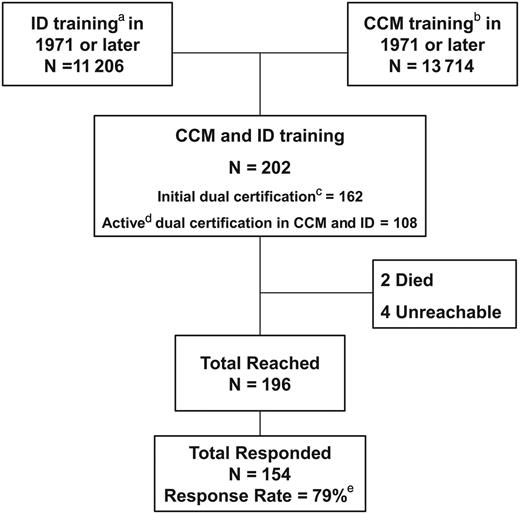Interesting about 80% of general surgery residents doing fellowship. At some point when do some surgeons and subspeciality surgeons (ENT/Ortho/Urology etc) push back and forego the fellowship year? I imagine there’s plenty of work for acute care surgery and trauma, which any surgery resident should be prepared to handle after a 5 year residency.
It's interesting you mention "push back and forego the fellowship year." These threads are always full of attendings that have interesting insight into attending salary and their specialty's grip on the field. That's relevant for attendings, but for a med student extra years of training may be the #1 factor in terms of earning potential and mitigating the chance of financial disaster.
To consider an extreme example, pretend you are deciding between EM ("super risky" by this thread) and gen surg + fellowship ("not risky"), probably surg onc or colon/rectal. You could match EM right now, but it's 3rd year and you have a 230 step 1 and a bland mix of P, HP, and some Hs, so surgery would require a research year, especially if you like surg onc and want to match somewhere that can get you there. You're probably thinking of risk entirely in terms of mid-levels, payer mix, volume, technology, employment, etc... Ultimately you decide to go for general surgery.
So you graduate at 29 instead of 28. Your residency requires 2 years of research, so you graduate residency by 36. Then you specialize, lets say in colon/rectal, and you finish by 38. You start at $350K and rise to the median, $440K (MGMA, 2019), by 43. Pay is steady, volume holds up, mid-levels fear you, and you make a solid $440K until you retire.
What if instead you'd chosen EM
and the floor had fallen out? You graduate at 28, finish residency at 31, and start at the absolute low end, $268K/year (10th %ile). By 35 you've worked up to $300K, but the market is brutal. Median salary has fallen 10%, and you can't shop around for geography/family reasons. By 40 you've hit the median, but it's now down by 20% to $300K due to oversaturation. You're running in place, and by 60 you slide down to $290K with the median salary at $275K. All numbers of course inflation adjusted.
The above sounds peachy for the rectal surgeon and like a nightmare for the EM physician. Well, let's imagine that both live on $40K/year in residency and $125K/year as an attending (counting non-investment, non-tax expenditures), but the EM spends the first 6 years as an attending ramping up to that expenditure level (still living a much better lifestyle than the surgeon, year-by-year). Everything else goes towards investments (i.e., house or retirement), and those investments grow 6% per year (conservative estimate). Debt is paid to optimize investment income vs. debt interest. Debt is assumed $350K and is re-financed after med school to 4% interest.
Age you stop living like a student/resident:
-Surgeon: 39
-EM: 32
Age debt-free:
-Surgeon: 53
-EM: 44
Age financially independent ($3.1M to support lifestyle):
-Surgeon: 54
-EM: 55
Net worth at 60 (2022 dollars):
-Surgeon: $5.5M
-EM: $5.0M
All this and the EM physician, who experienced 25% real declines in EM wages over their career, has a decent home and reasonable working hours by 32 while the surgeon is slogging through residency/fellowship living on a $40K budget until 39 and has massive debt until 53.
Take it from an MD/PhD student, training time is one of the greatest unperceived "risks" to medical students. Of course there are risks other than financial, but in this thread we seem to be defining "risk" as "risk of being paid less."
To me, doing this math basically leads me to two conclusions. 1) I have a really, really expensive hobby (bench research), 2) do what you love clinically/professionally, because a lot of this buffers out anyway, especially when you consider variability
within specialties, not just between them.





